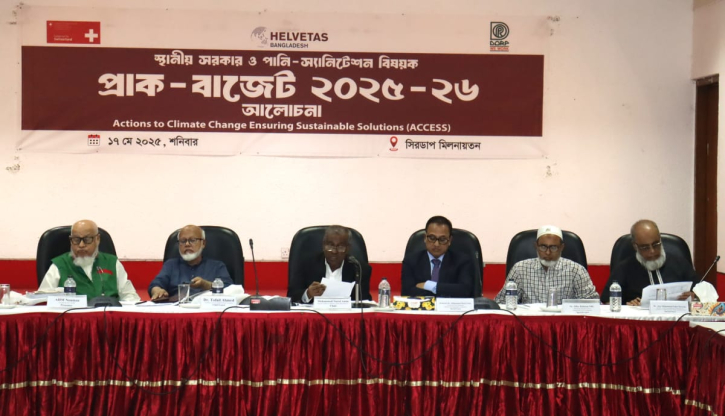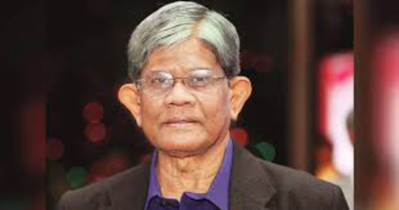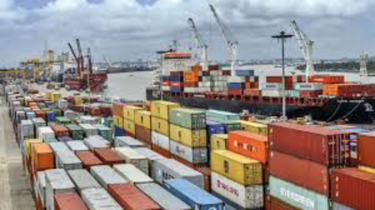
A roundtable discussion was held on Saturday (17 May) at 3:00 PM at the CIRDAP Auditorium to advocate for a fair, inclusive, and sustainable budget allocation for the local government and water-sanitation sector in the upcoming national budget for FY 2025–26.
The event was organized by development organization DORP, with the support of Helvetas Bangladesh. The discussion was attended by representatives from various ministries and commissions of the government, economists, engineers, development workers, and members of the media.
The Chief Guest of the event was Dr. Tofayel Ahmed, Chairman of the Local Government Reform Commission.
Special Guests included Professor Dr. Mohammad Helal Uddin, Executive Vice Chairman of the Microcredit Regulatory Authority; Dr. Abu Mohammad Zakir Hossain, Member of the Health Sector Reform Commission; Dr. Zillur Rahman NDC, Managing Director of the Bangladesh NGO Foundation; and Sabbir Ahmed FCA, Member of the Bank Reform Taskforce.
Keynote presentations were delivered by Dr. Mahfuz Kabir, a prominent economist and Research Director at the Bangladesh Institute of International and Strategic Studies, and AHM Noman, Founder and CEO of DORP. Discussions on the keynote topics were led by Mir Abdus Shahid, Additional Chief Engineer (Civil), Department of Public Health Engineering (DPHE); Ehteshamul Russel Khan, Additional Chief Engineer (Planning), DPHE; and Mainul Hasan Sohel, General Secretary of Dhaka Reporters Unity (DRU). Representatives from various public and private organizations and stakeholders also participated in the discussion.
The session was chaired by Mohammad Nurul Amin, Chairman of DORP, who in his closing remarks highlighted DORP’s initiatives and stressed the importance of increasing local government budgets and using them effectively to solve the country’s water and sanitation challenges. The discussion was moderated by Mohammad Zobaer Hasan, Deputy Executive Director of DORP.
In his keynote, Dr. Mahfuz Kabir emphasized the urgent need for proper budget allocation in the water and sanitation sector. Chief Guest Dr. Tofayel Ahmed stated that increasing per capita budget allocation based on Union Parishads is essential to ensure safe water and sanitation services in remote areas. He also emphasized enhancing the capacity of local government institutions and organizing district-level budget dialogues to reflect the real needs of the population in the national budget.
Speakers at the event pointed out that although the budget for city corporations has increased, allocations for rural areas remain inadequate. They called for addressing this budget disparity to ensure a more equitable, inclusive, and sustainable allocation.
Special attention was drawn to the necessity of sufficient and fair allocation for the development of water and sanitation infrastructure in climate-vulnerable coastal districts. The speakers emphasized the proper utilization of climate budgets, transparency in allocations, and the need for reforms in local government systems.
It was noted that the Local Government Reform Commission has already submitted a set of recommendations to the Chief Advisor aimed at enhancing the effectiveness and accountability of local government systems. Participants urged the commission’s chairman to advocate for field-level realities and elimination of disparities in the upcoming national budget.
DORP hopes that the recommendations presented in this roundtable discussion will be reflected in the National Budget 2025–26, contributing to a people-centric, actionable, and sustainable budget.
TH

.png)







